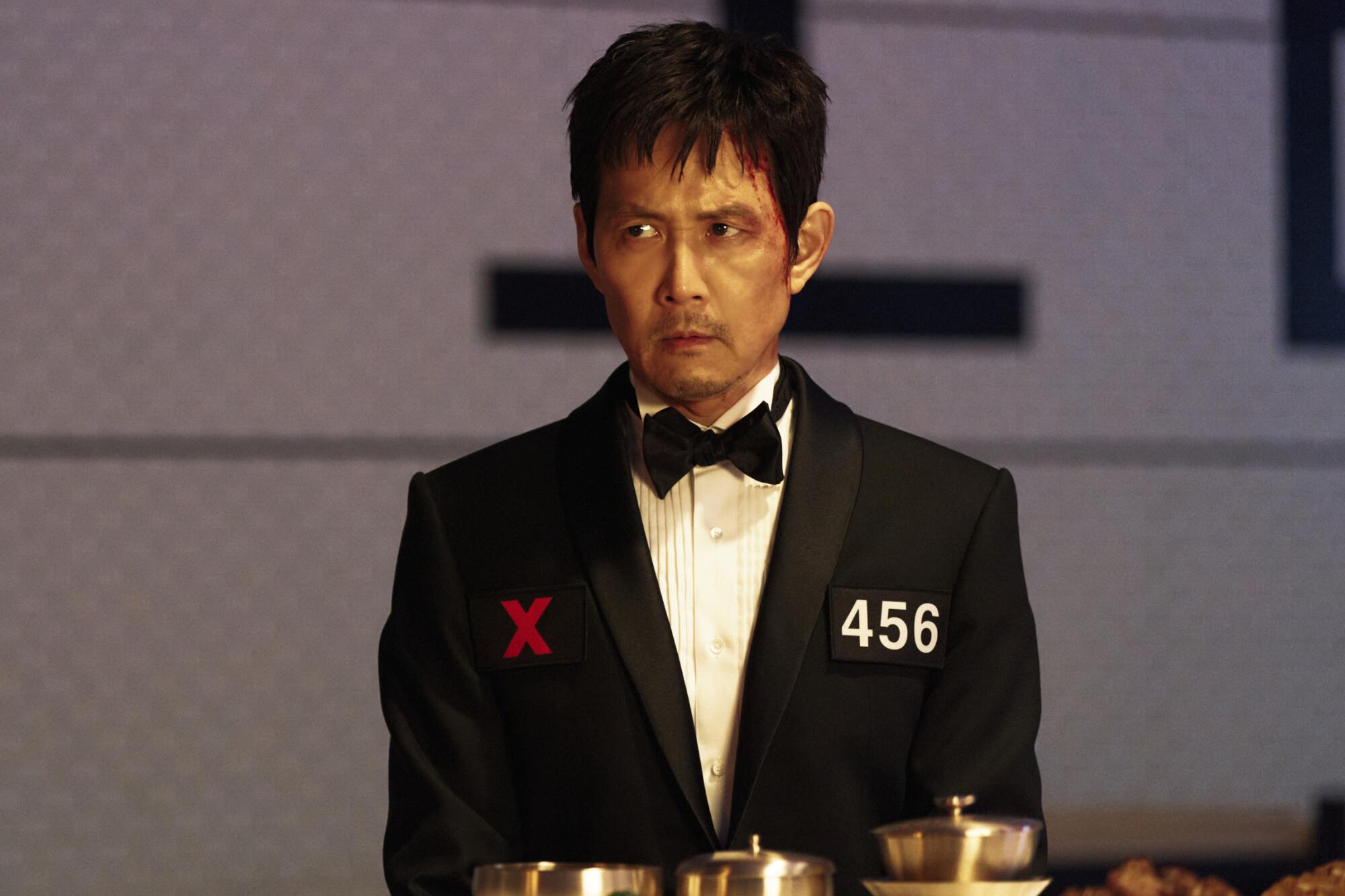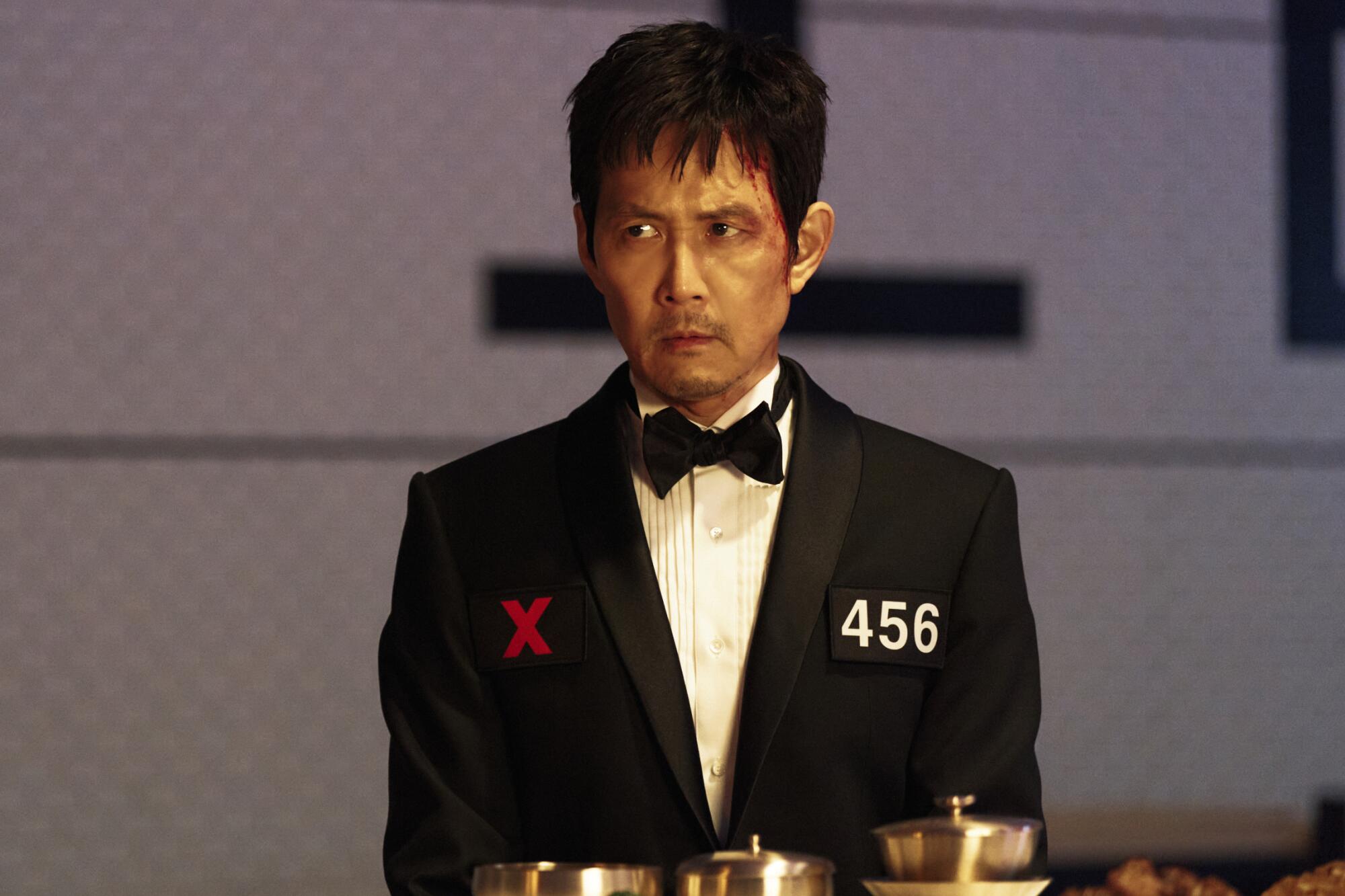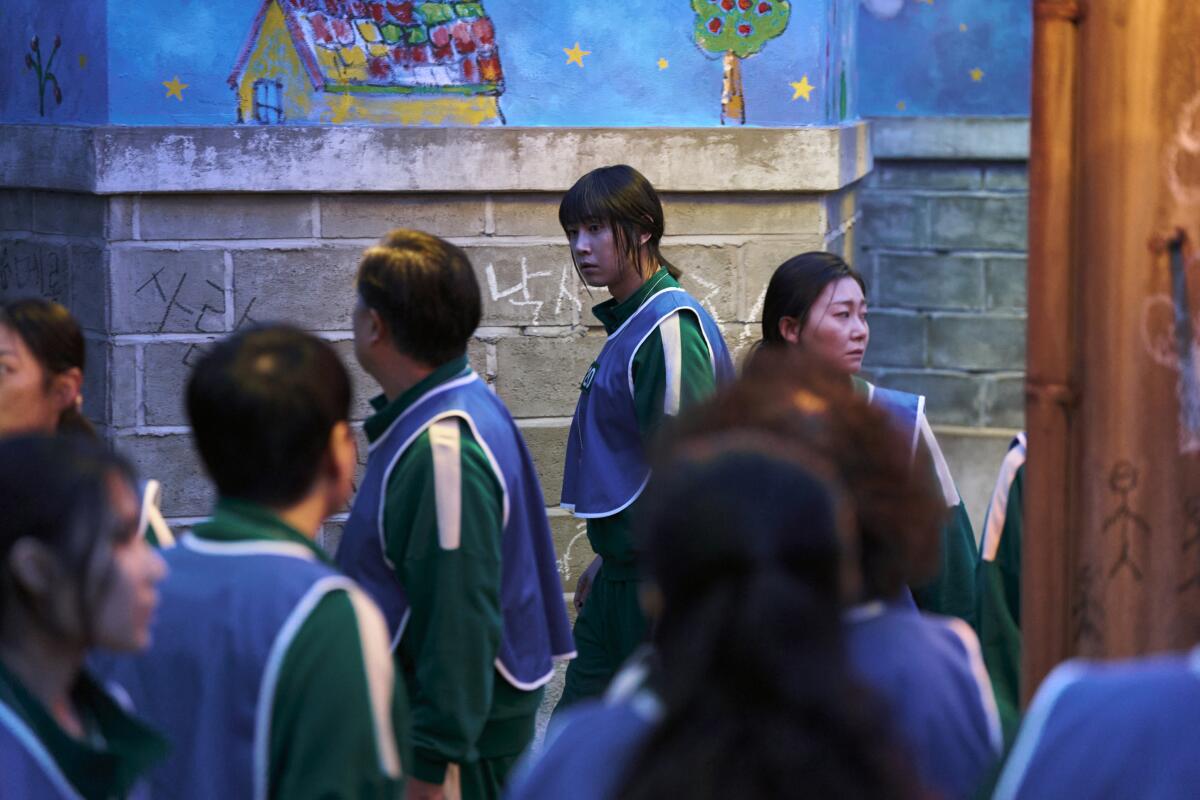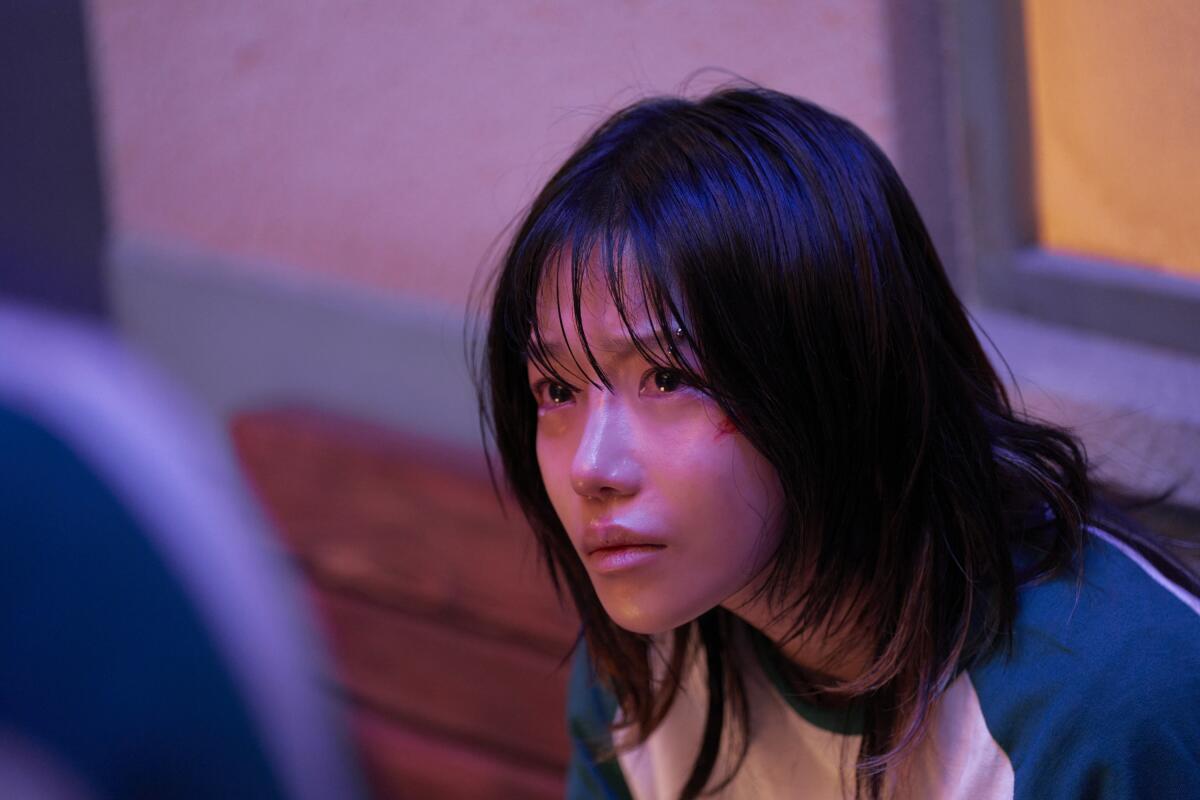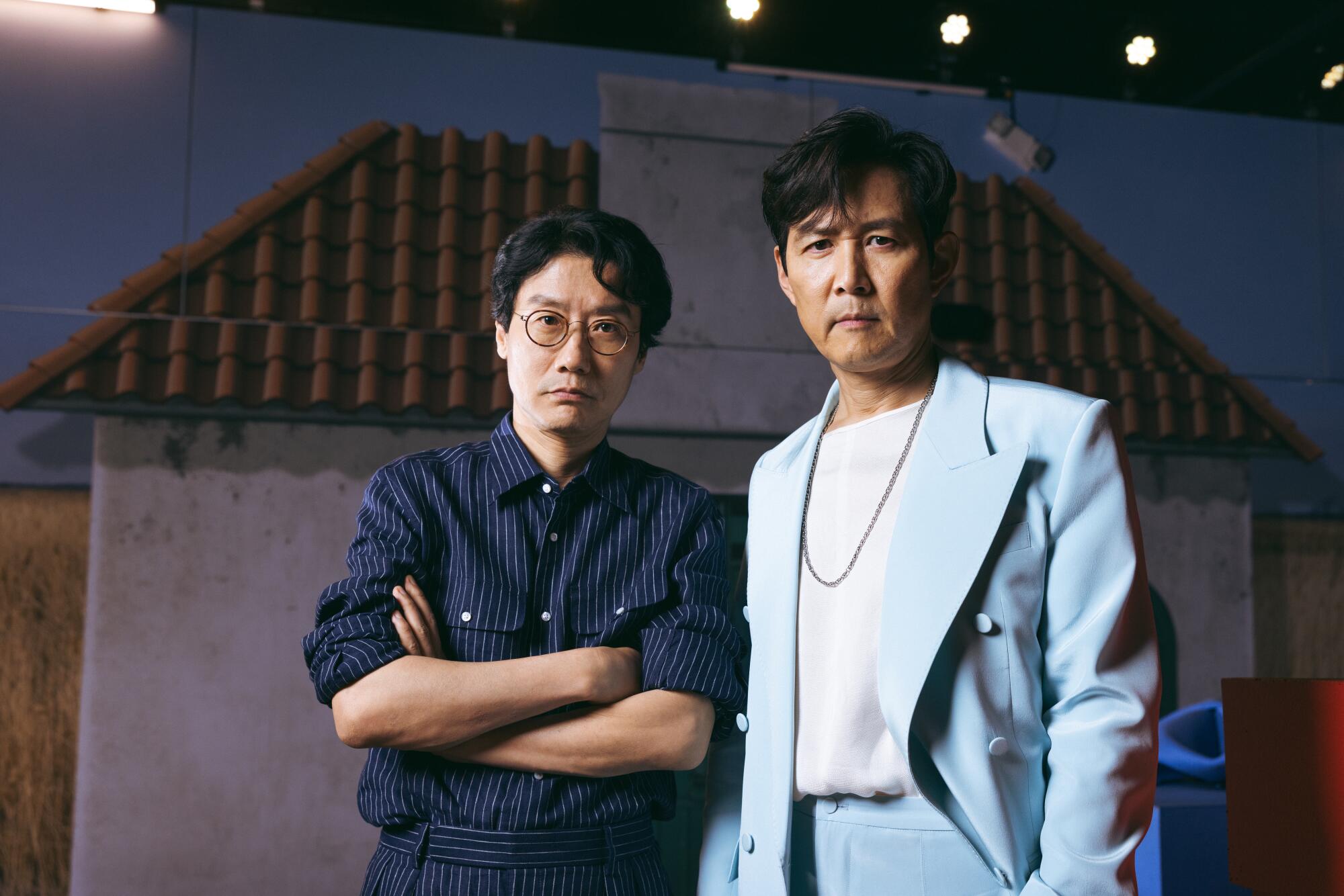Gambling, Patriarchy, and State Security: A Feminist Critique of Gambling in Cambodia and Indonesia
Cambodia is one of the key hubs for gambling operations in Southeast Asia. Online and offline gambling have expanded to neighboring countries, contributing to the proliferation of transnational crimes such as human trafficking, online scams, and labor exploitation. Women are the most vulnerable group to exploitation and violence. According to the International Organisation for Migration (IOM), there are at least 100,000 victims of human trafficking working in Cambodia (UNODC, 2023). High poverty rates and limited job opportunities in the country increase people’s vulnerability to becoming trapped in these crimes. Many victims are offered well-paid jobs, but in reality, they are often forced to work, sexually exploited, and subjected to abuse.
Gender inequality and patriarchal structures in Southeast Asia exacerbate women’s vulnerability to human trafficking, sexual violence, and economic subordination. The Indonesian Embassy in Phnom Penh recorded 1,761 Indonesian citizens who were victims of online scams in Cambodia, with the majority of them identified as women (Sekarwati, 2024). This situation indicates that transnational crimes based on illegal gambling not only threaten a country’s economic stability and national security but also create humanitarian crises and strengthen gender inequality in the region.
Conceptual Framework
Feminism does not interpret gender in a biological context but rather as a social construct that creates a hierarchy between masculinity—associated with strength and rationality—and femininity, which is often considered inferior. This hierarchy produces inequality between women and men (Baylis et al., 2014). Feminism also emphasizes the importance of integrating women’s experiences and voices into global political analysis (Enloe, 2014). This perspective is emancipatory, as it explains the subordination of women in marginalized positions within the patriarchal international system. Therefore, feminism can be used to analyze state policies, particularly in the areas of security and transnational crime, which have traditionally focused on state interests and control over individuals, without considering the impact on women as the main victims.
Legalization of Gambling and Reproduction of Patriarchy by the Cambodian Government
Besides being the largest gambling center in Southeast Asia, Sihanoukville is a thriving hub for fraud and human trafficking operations. In 2020, there were 193 casinos in the city, indicating tremendous growth for gambling in Cambodia (Sok, 2023). The Cambodian government is taking advantage of gambling bans in neighboring countries such as Thailand and China by legalizing casino operations in areas such as Sihanoukville. This allows foreigners who cannot gamble in their home countries to play in Cambodia. This also attracted foreign investors from China to open a gambling industry in Cambodia since the Chinese government has strict restrictions on the gambling industry. In addition, Cambodia facilitates the development of gambling by providing various facilities to Chinese syndicates, such as tax exemptions, as the government considers the gambling industry an important source of revenue. In 2019, this sector contributed US$85 million to the country. Therefore, the Cambodian government considers that the gambling industry has a corresponding effect on other sectors, such as the economy, tourism, and services (Luo, 2023).
By legalizing the gambling industry, the Cambodian government is prioritizing economic interest over human security. In this context, economic gains take precedence over women’s security and rights. From a feminist perspective, this policy reflects a patriarchal structure in which women are positioned as objects to be controlled for economic purposes. Their bodies and labor are exploited as tools to generate profit, without adequate protection or recognition of their rights. As mentioned before, the gambling industry is closely linked to the economic, tourism, and service sectors, where women are the most vulnerable group, often exploited as sex workers and servants for foreign gamblers in Cambodia. The government’s policies uphold gender inequality and reinforce a patriarchal system that subordinates women. Women are physically and sexually exploited to satisfy men’s interest, while the state, through the legalization of gambling, legitimizes this objectification. As a result, certain men and elites benefit, while social justice and gender equality are neglected.
The state plays a role as an institution that maintains patriarchy through gender-discriminatory laws, policies, and political practices (Walby, 1990). The Cambodian government fails to provide job opportunities and develop a strong economic sector for its citizens; hence, the gambling industry is considered one of the most profitable sectors. As a result, women in the region are easily trapped in these crime syndicates due to limited employment opportunities and poverty.
Exploitation and Objectification in the Gambling Industry in Cambodia
The prevalence of gambling and other transnational crimes in Cambodia makes the country both a transit point and destination for victims of human trafficking in Southeast Asia (De Leon, 2024). Trafficked women are often subjected to gender-based violence, including being forced into inappropriate work, overworked with inadequate wages, and assigned tasks that threaten their safety and security. Women are particularly vulnerable to being manipulated into working as ‘prostitutes.’ There is even a form of unconscious ‘voluntary’ prostitution, in which prostitution is perceived as a means of earning a living. From an abolitionist feminist perspective, prostitution violates human rights, and women involved in this activity are considered victims of human trafficking. According to Kathleen Barry, women who believe they are voluntarily engaged in prostitution are, in fact, victims of manipulations by crime syndicates, which create a false consciousness as a survival strategy (Lobasz, 2009).
Furthermore, online gambling advertisements on illegal websites often display images of beautiful women in sexy and seductive clothing. In this context, women are objectified to influence the public to visit these online gambling sites, reflecting the gender bias that places women in a subordinate position to men (Ikhsani, 2023). In the development of online gambling, women’s bodies are exploited for the economic benefit of certain elites, often men. The state overlooks this exploitation as long as it does not threaten national security as a whole. Women’s voices are rarely heard in discussions about gambling; they are often treated merely as statistics rather than as subjects who experience structural violence rooted in the patriarchal system and reinforced by socially constructed stereotypes.
The Impact of Gambling Expansion in Cambodia for Indonesia
From Indonesia’s perspective, the impact of online gambling expansion in Cambodia is significant. According to the Indonesian Ministry of Immigration and Corrections (2024), between 2020 and 2023, a total of 1,233 Indonesian citizens fell victim to human trafficking in Cambodia. This situation is exacerbated by limited employment opportunities in Indonesia, which drives citizens to seek work abroad without realizing the potential risk of exploitation. Moreover, the Indonesian government estimates that more than 3 million Indonesian citizens are involved in online gambling activities that cost the country around USD 20 billion (UNODC, 2024). The high poverty rate in Indonesia encourages many of its citizens to play online gambling to find an easy way to earn money. This widespread practice has a negative impact on women, especially housewives, who are vulnerable to domestic violence due to a gambling-addicted partner. This addiction triggers financial conflicts as perpetrators divert funds for household needs to gambling. In many cases, the perpetrator forces his spouse to commit crimes such as stealing or even ‘exploiting’ his wife to pay all his gambling debts. According to the Central Statistics Agency of Indonesia (BPS), in 2024 there were 2,889 divorce cases caused by gambling (Revo M, 2025).
Furthermore, women face the double burden of earning a living to meet household needs while simultaneously taking care of the home. In some cases, women endure domestic violence from their partners because they feel powerless to report it. They also face negative stigma from their social environment as a result of their partner’s involvement in online gambling. This reflects a social system in Indonesia that tends to blame the victim rather than the perpetrator, labeling women as being incompetent in managing the household, poor at handling finances, or even failing to take care of their husbands (Kamalludin, 2024).
State Security vs. Human Security
In 2020, the Cambodian government enacted the Law on the Management of Commercial Gambling, which provides for the licensing and regulation of commercial gambling. However, the government had already officially banned all forms of online gambling in 2019. This policy was not solely aimed at protecting the interests of its citizens but rather at maintaining diplomatic relations with China. China has been exercising its soft power in Southeast Asia by collaborating with Cambodia to transform Sihanoukville into an economic city (Luo, 2023). From a feminist perspective, this policy reflects elements of masculinity, as the government prioritizes interstate cooperation over the human security—particularly women—who are increasingly vulnerable to being re-trafficked or even criminalized by the state.
In addition, the large number of Indonesians involved in illegal gambling practices in Cambodia has prompted the Indonesian government to tighten security measures and cooperate with Cambodia through the Cambodia-Indonesia Bilateral Meeting on Immigration Matters to eradicate this crime. Feminist perspectives criticize government policies for being overly masculine, as they tend to prioritize state security and interstate cooperation. Feminist scholars also critique traditional theories that prioritize state interest over individual security, ultimately placing the safety of victims below the security needs of the state. In terms of interstate cooperation, policies developed by regional and international organizations primarily focus on strengthening borders, enhancing cooperation, improving law enforcement, and tightening the control of document production. These approaches concentrate on punishing perpetrators without addressing the structural problems that make victims vulnerable to exploitation by transnational crime syndicates. Moreover, because state policies are focused on state security, victims are often treated as criminals and deported without any support services. This lack of protection leaves them vulnerable to being trafficked again (Lobasz, 2009).
Conclusion
Feminist perspectives offer a critical space for women’s voices in international politics, especially in addressing the impact of illegal gambling and transnational crime. Gender inequality in social structures and patriarchal culture makes women the most vulnerable to exploitation, violence, and subordination. The case of gambling in Cambodia shows how women’s safety and rights are marginalized in favor of the state’s masculine interests. The state upholds the patriarchal system through policies that prioritize national security over individual protection. Therefore, it is important for governments, both at the domestic and regional levels, to consider gender-sensitive policies to prioritize human security that guarantees the rights, safety, and dignity of every citizen, ensuring protection without gender discrimination.

